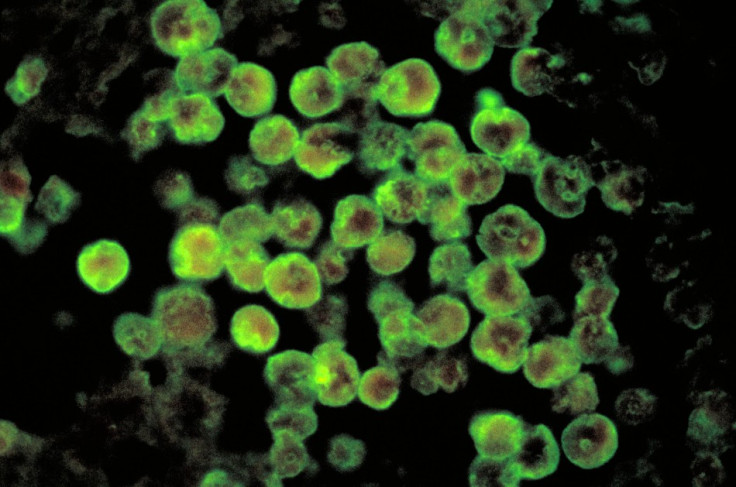South Korean man dies from brain-eating amoeba
The "brain-eating amoeba" kills 97% of those infected.
A South Korean citizen died of an infection caused by a "brain-eating" amoeba that he was apparently exposed to in Thailand.
The man, who was in his 50s, had returned in December after spending four months in Thailand. He was admitted to a hospital the next day and died last week on Wednesday, according to the Korea Disease Control and Prevention Agency (KDCA).
He died from primary amebic meningoencephalitis (PAM), a rare brain-destroying infection caused by Naegleria fowleri, a single-celled organism found in warm fresh-water, which is usually in lakes and rivers.
The amoeba kills 97% of those infected. Amoebae are tiny, single-celled organisms with no fixed shape.
If water or dust containing Naegleria gets into the nose, given the right conditions, the amoeba will move up the sinus nerve and into the brain, where it will begin eating the brain's nerve cells in the absence of its usual meal of bacteria.
The first symptoms, which appear between one and five days later, include headaches, fever and nausea. Subsequent symptoms include a stiff neck, lack of attention, confusion, loss of balance, seizures and hallucinations. The first onset of symptoms usually means death will occur within two weeks.
Even when the main antimicrobial treatment is administered, the death rate still exceeds 95%, although new treatments are being studied. Luckily, the infection is not contagious and drinking water containing it will not harm you. Furthermore, it is not able to spread through water vapour or mist.
The amoeba is usually found in freshwater environments around the world, such as ponds, lakes, rivers, and hot springs and usually where temperatures exceed 30 °C. It has also been detected in sediment near the effluence from industrial plants or in unchlorinated swimming pools.
The first time South Korea detected a case of the infection was in 1937. As of 2018, a total number of 381 cases of Naegleria fowleri have been reported across the globe, according to a report in The Straits Times.

© Copyright IBTimes 2025. All rights reserved.






















